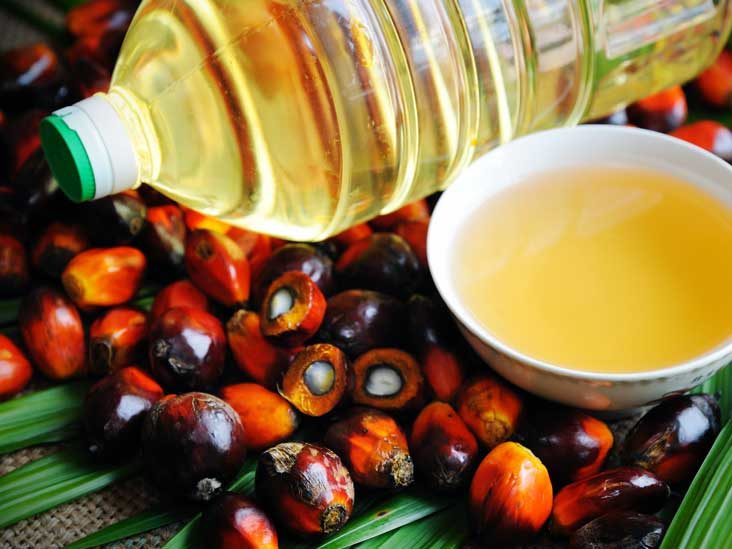Malaysia's Crackdown on Cooking Oil Fraud: Ensuring Traceability in the Palm Oil Industry
Malaysia is intensifying efforts to prevent fraud in the used cooking oil industry. The government, led by Deputy Commodities Minister Chan Foong Hin, aims to distinguish and trace supply chains better to maintain credibility and meet international standards. This comes amid investigations into fraudulent biodiesel practices involving Asia.

Malaysia is stepping up its efforts to prevent fraud in the used cooking oil industry, as announced by Deputy Commodities Minister Chan Foong Hin. This move comes amid growing concern from western governments regarding shipments of biofuels feedstock from Asia that may contain deceptive virgin oil content.
The Malaysian Palm Oil Board is currently reviewing its standards and policies, specifically focusing on used cooking oil and palm industry waste known as sludge palm oil. The goal is to establish better distinctions and prevent discrepancies in exports. Such discrepancies could jeopardize Malaysia's reputation as a credible exporter, a concern voiced by Minister Chan, who emphasized the importance of maintaining traceability throughout the supply chain.
This crackdown is timely, especially as the European biodiesel industry has been facing issues with imports from Asia, believed to be fraudulently labeled. Meanwhile, the U.S. Environmental Protection Agency is investigating renewable fuel producers over concerns of fraudulent biodiesel feedstocks. As the world's second-largest palm oil producer, Malaysia aims to comply with looming EU deforestation regulations, promising sustainability and traceability.
(With inputs from agencies.)










